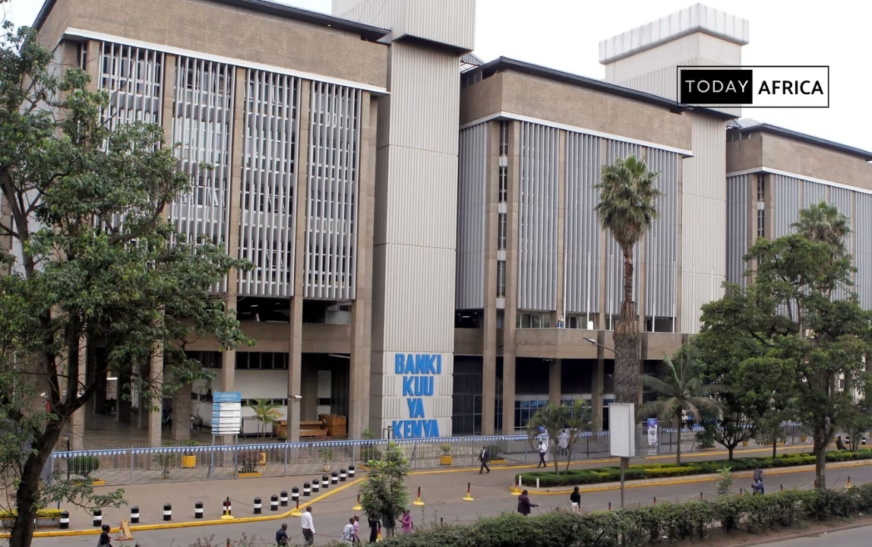Kenya extends real-time bank transfer hours by extending the operating hours for its Real-Time Gross Settlement (RTGS) system.
Starting July 1, 2025, the Kenya Electronic Payment and Settlement System (KEPSS) will operate from 7 AM to 7 PM on business days, up from the current 8:30 AM to 4:30 PM schedule.
KEPSS is Kenya’s version of what many countries call an RTGS system, a central infrastructure bank used to securely transfer real-time high-value payments.
The time extension signals a shift in how the country approaches large-value, time-sensitive digital transactions, as it opens the door for further reforms that could make Kenya’s financial sector more competitive, inclusive, and less dependent on dominant private fintech platforms.
Extending hours improves flexibility for banks, businesses, and government agencies. But the extension also signals that the Central Bank of Kenya (CBK) is inching closer to enabling real-time settlement across longer windows, a key requirement if Kenya wants to transition to a true 24/7 digital economy.
This is especially relevant as fintechs and telcos push for access to core payment infrastructure. Currently, only banks and a few regulated institutions can access KEPSS directly.
Read Also: LovCash in South Africa bets on blockchain to digitise the informal trade sector
Many users and fintech founders see the lack of public rails for customer-to-business (C2B) payments as a significant hurdle to affordability and competition.
The CBK has not spoken about its next steps, although the regulator may, in the future, give licensed non-bank players access to KEPSS or a similar real-time infrastructure layer. That would lower entry barriers, reduce reliance on expensive third-party integrations, and allow fintechs to offer alternatives at scale.
CBK is laying the groundwork for future reforms by aligning with global trends of expanded RTGS availability. In India, Singapore, and parts of Europe, real-time payment systems now run 24/7 and include non-banks in some form. Kenya’s move could be the first of many toward that direction.
Comment and follow us on social media for more tips:
- Facebook: Today Africa
- Instagram: Today Africa
- Twitter: Today Africa
- LinkedIn: Today Africa
- YouTube: Today Africa Studio
















